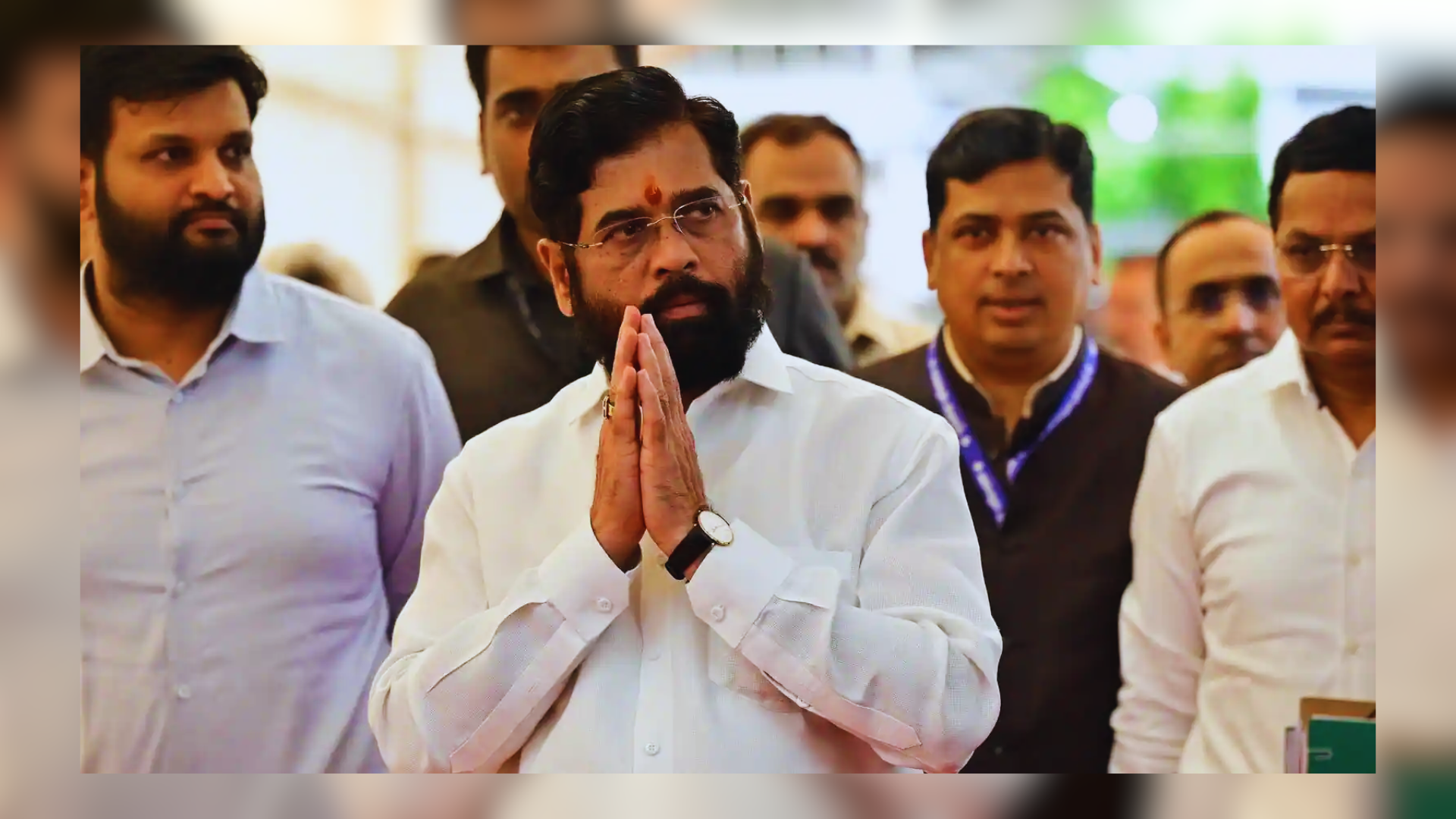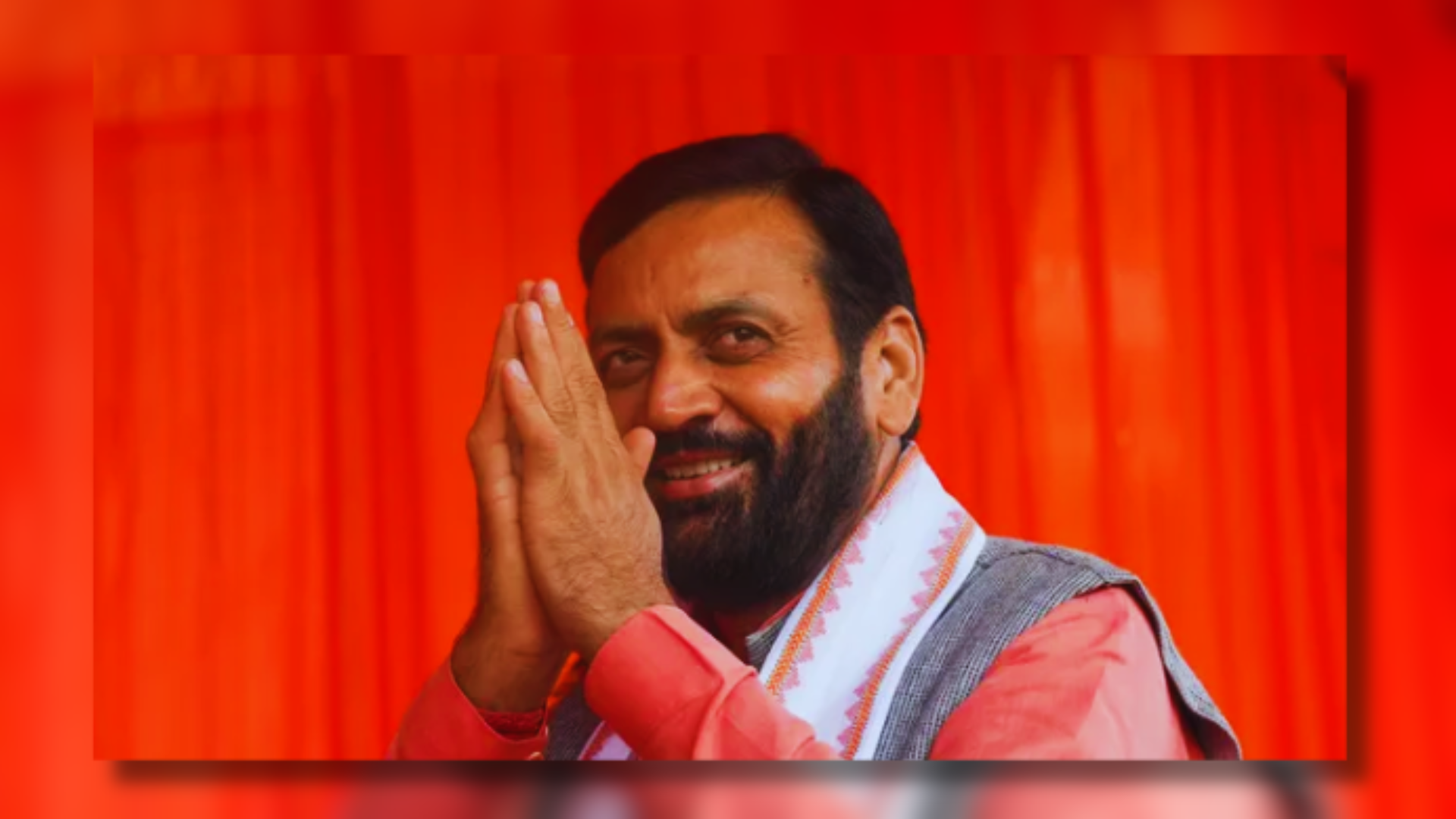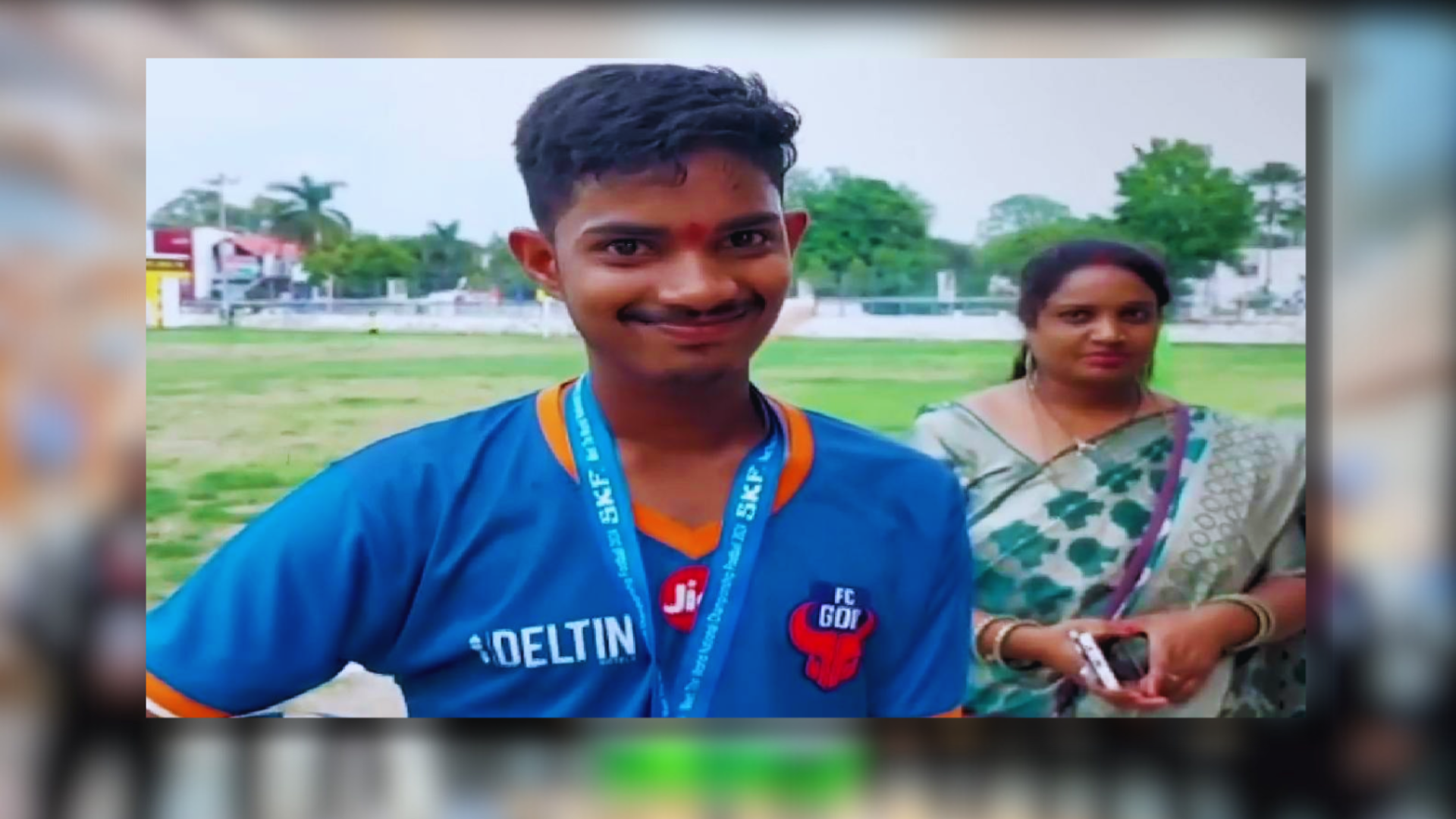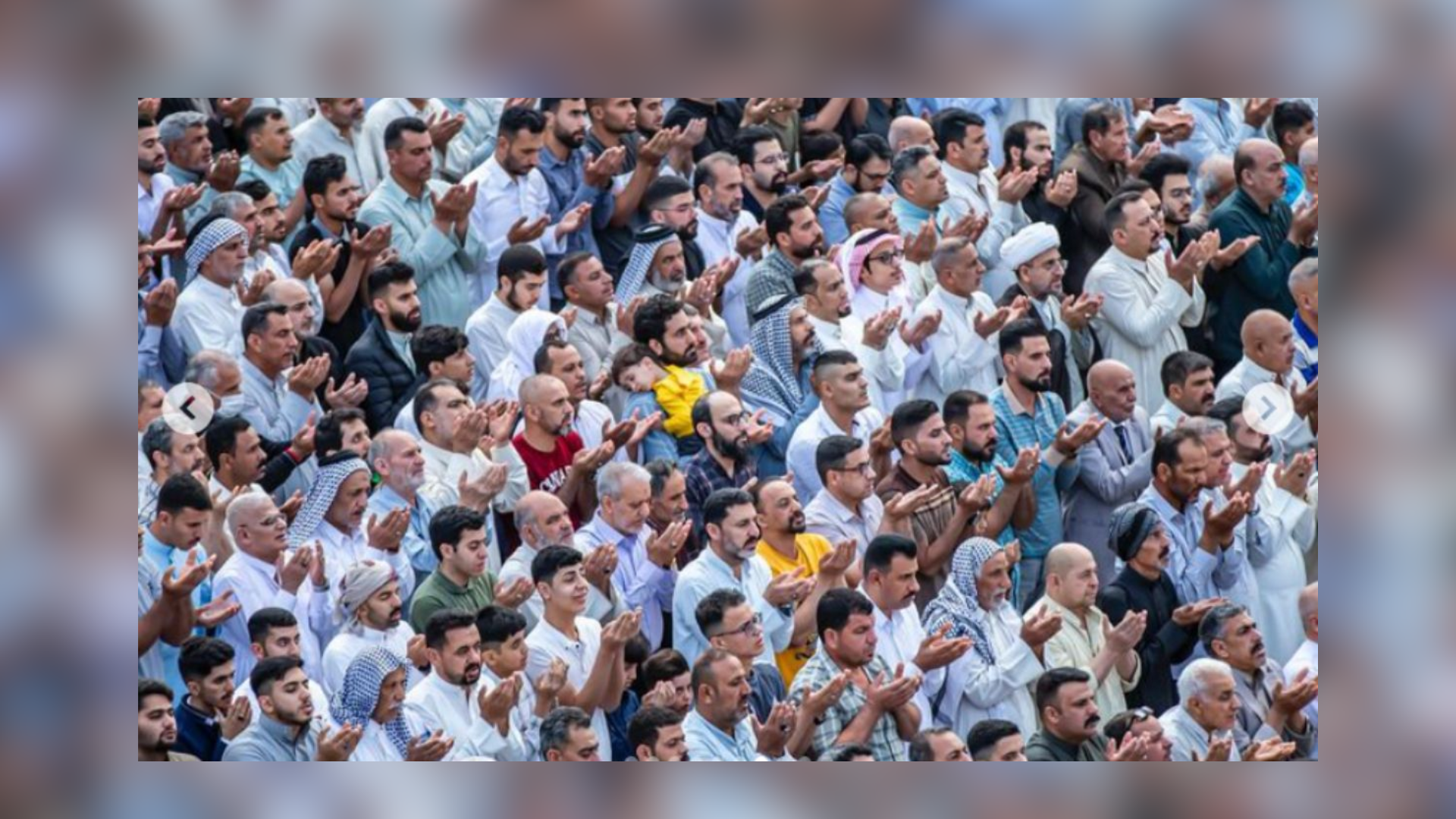Despite being separated by a border, people from Dighaltari in Coochbehar district gathered in large numbers on Thursday to join their counterparts across the border in Kurigram for Eid prayers at a 200-year-old Jama Masjid. Every year, hundreds of Muslims from India make the journey to Bangladesh to offer Namaz at the mosque during Eid.
Speaking to ANI on Thursday, Mohammad Alamgir Hussain, a Bangladesh native and the president of this mosque, said, “This mosque goes back 200 years. For several years now, people from both countries come together on Eid to offer Namaz. The tradition has continued through time. There is no greater happiness than to be able to come together here on Eid and offer prayers. It doesn’t feel like we are from two different countries. We live happily and in peace on both sides of the border. We are one family. On the Bangladesh side, this area is called Bansjani, Jhakuatari.”
READ MORE
Hussain, an Indian who routinely offers Namaz at this mosque across the border, told ANI, “This mosque is situated at the zero point. We all come together to offer to Namaz. Earlier, this place was home to just two families. The village goes by the name Jhakuatari on both sides of the border. We are all delighted to be here together on the occasion of Eid today. We all know each other by face and, hence, don’t need permission to step across the border. One of my brothers is in India while the other is based in Bangladesh.”
The mosque predates the ‘Mukti Juddha’ or Bangladesh’s liberation from Pakistan following the war with India in 1971. It was situated within what was then Pakistan before the liberation struggle.
The village, known as Jhakuatari, retains the same name on both sides of the border. Due to the absence of a mosque in the village, residents from Dighaltari in Coochbehar district regularly cross the border to offer Namaz.
ALSO READ


















